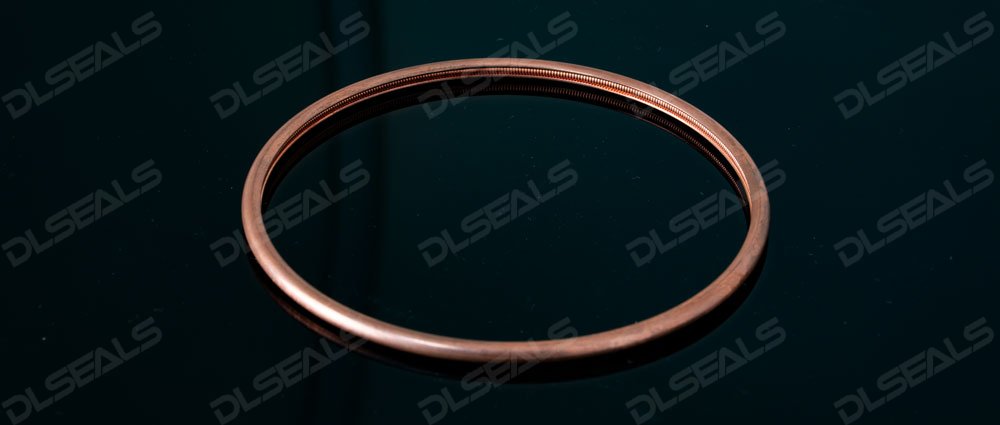News
A2024-04-15

preface:
Metal seals play an important role in industry, and their selection is critical to environmental safety. Different environments require different sealing materials, so choosing the most suitable metal material becomes critical. This article will explore the relationship between metal seals and environmental safety and provide some advice on selecting the most suitable materials.
Metal Seals and Environmental Safety:
Corrosion resistance: Different industrial environments may have varying degrees of corrosion, such as acidic, alkaline or saline environments. Therefore, choosing metal materials with good corrosion resistance is one of the key factors to ensure long-term and stable operation of seals.
High temperature resistance: Some industrial scenarios may need to withstand high temperature environments, such as high temperature processing, furnace operations, etc. In this case, it is crucial to choose a metal material with good high temperature resistance to ensure that the seal will not fail or deform in a high temperature environment.
Pressure resistance: Some industrial equipment may withstand high-pressure operations, such as hydraulic systems, high-pressure pipelines, etc. Therefore, metal materials with good pressure resistance should be selected to ensure that the seals can withstand extrusion and tension in high-pressure environments.
Environmental friendliness: Environmental friendliness is receiving more and more attention, so choosing metal materials with environmentally friendly properties is also a trend. Taking into account the recyclability and sustainability of the material has positive implications for environmental safety.
Choose the most suitable metal material:
Stainless Steel: Stainless steel is a commonly used metal seal material with excellent corrosion resistance and high temperature resistance, and is suitable for a variety of industrial environments.
Copper: Copper has good thermal and electrical conductivity and is suitable for environments that require good electrical conductivity. However, its corrosion resistance is poor, so the use environment needs to be carefully selected.
Aluminum Alloy: Aluminum alloy is lightweight and corrosion-resistant, and is suitable for scenarios that require lightweight seals, but its high-temperature resistance is relatively poor.
Nickel Alloy: Nickel Alloy has excellent corrosion resistance and high temperature resistance and is suitable for harsh industrial environments, but the cost is relatively high.
Conclusion:
Choosing the most suitable metal material is critical to the environmental safety of metal seals. Taking into account the characteristics and requirements of the industrial environment, choosing metal materials with good corrosion resistance, high temperature resistance, pressure resistance and environmental friendliness is the key to ensuring long-term stable operation of seals.
[DLSEALS kindly Reminder] Sealing issues? Turn to DLSEALS! As a sealing component manufacturer, we specialize in customizing sealing components, providing a full range of services from design, research and development, production, testing, and more. If you have more information you'd like to know, feel free to contact us directly. DLSEALS's product experts are dedicated to serving you!